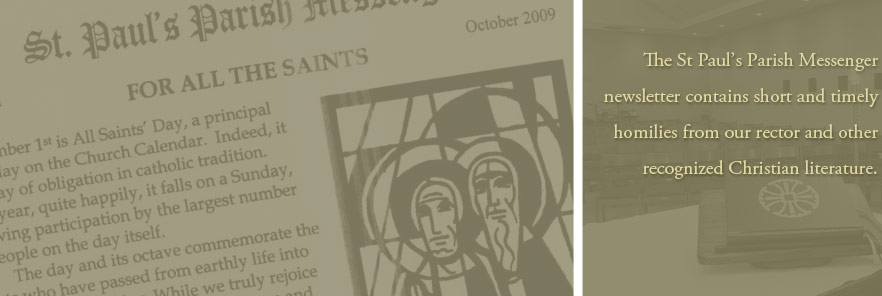According to the Gospels, Jesus placed all events of Maundy Thursday, Good Friday, and Easter within the context of the Jewish Passover. See especially Matthew 26.1-2, 26-29; Mark 14.17-25; Luke 1414-23; and John 13.1-5; refer also to Paul’ statement in I Corinthians 5.7-8. A thoughtful and prayerful reading of these passages would make an exceedingly fruitful Holy Week devotion.
The Passover is the first and probably the greatest of three major Jewish festivals. While origins and details are obscure, two fundamental features of the developed observance stand out clearly.
First of all, the Passover commemorates God’s deliverance of the Hebrew people from long captivity in Egypt. Secondly, central to Passover is the sacrificial offering of an unblemished Lamb, which shows general thankfulness to God on the part of the people for their rescue, and the blood of such sacrifice marks the homes of the faithful as God “pass(es) over” the Hebrews while slaying the first-born of the Egyptians, an unspeakable plague resulting in the Pharaoh’s freeing of the Hebrews.
By placing his last supper, death, and resurrection in the midst of these things, Jesus is, in effect, creating an entirely new context, a totally new covenant.
He states thereby that his sacrifice on the cross is to be understood as the offering of the New Israel, his Church. Moreover, he declares that his resurrection is the new deliverance from the greater captivity of sin. Finally, he shows in all this that the Last Supper (or Eucharist, Communion, or Mass) is the New Passover meal celebrating God’s presence and the people’s thankfulness in the new relationship.
As a notable commentator observes, in the early Church Easter was called Pascha, a Greek form of the Hebrew term Passover. Our English name comes from an old pagan festival in honor of the goddess of spring, Eastre.
Borrowing such festivals and terms was good in itself, for it sought quite successfully to convert pagans by assimilation. Unfortunately, it also has the effect of emptying the Christian faith of much of its original meaning, leaving it vulnerable to re-paganism by the increasing secularism of the modern era.
The powerful expression of our Prayer Book Eucharist (page 263) has matters right and provides the faithful with an effective hedge against such danger: Christ our Passover is sacrificed for us! Alleluia!
– JR Hiles

